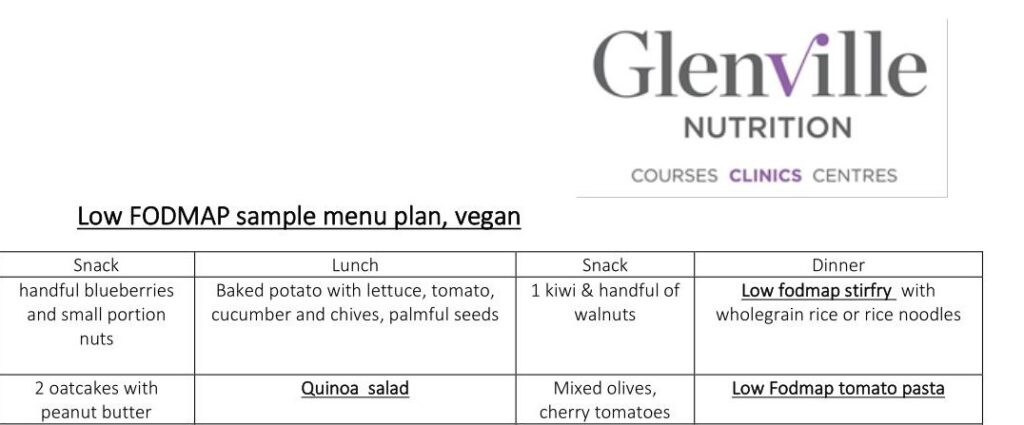 SIBO or Small Intestinal Bacterial Overgrowth is a common underlying cause of Irritable Bowel Syndrome (IBS). SIBO has been shown to be present in up to 78% of IBS cases. Given IBS affects 11% of the worldwide population, this is a truly remarkable number of people. IBS is likely multifactorial but many symptoms can be attributed to a bacterial overgrowth in the small intestine.
SIBO or Small Intestinal Bacterial Overgrowth is a common underlying cause of Irritable Bowel Syndrome (IBS). SIBO has been shown to be present in up to 78% of IBS cases. Given IBS affects 11% of the worldwide population, this is a truly remarkable number of people. IBS is likely multifactorial but many symptoms can be attributed to a bacterial overgrowth in the small intestine.
You can read more here about this bacterial overgrowth. If you do have SIBO then a low FODMAP diet may be recommended as a short term therapeutic intervention. But can you do low FODMAP on a vegan diet? Yes you can! Being plant based and following a low FODMAP diet can be challenging (many plant-based protein sources are naturally high in FODMAPs) but it can be done with the support of your nutritional therapist.
What about protein ?
Even if not on a vegan diet low FODMAP can be tricky and compliance can suffer if you are not getting enough protein. This can lead to you being hungry (and cranky), your energy is flagging and there may be unwanted weight loss. The amount of protein you need in a day will vary depending on your sex, weight and activity level so will range between .8 and 2.2g of protein per kg of body weight. In simple terms however we should eat protein with all our meals and snacks.
Most plant proteins will contain moderate amounts of FODMAPs. This is generally a good thing for health as they also provide fibre but can cause digestive issues if you have SIBO so it can be a bit of a balancing act in the shorter term.
How much is too much with SIBO?
The divil can be in the dose here. If you look at the Monash University App they have a handy traffic light system. Puy lentils are red at 90g for example but green for go at 30g so smaller portions are generally tolerated, similar with chick peas, less than 40g is ok. Firm tofu is an excellent choice as you can have a lot more as it is not a high FODMAP food and is also high in calcium, something that needs to be considered in a vegan diet. Black, red and white quinoa and plenty of nuts and seeds can also be incorporated into a meal plan.
Testing testing….
These test results shows elevated levels of hydrogen bacteria in the small intestine. We supported this client with a diet plan and herbal protocol to eliminate the bacteria as well as a maintenance program to reduce the risk of recurrence. She was very happy with the resolution of her digestive issues.
So don’t let your preference for following a vegan diet put you off addressing your digestive issues. We can support you on this therapeutic path with diet plans, targeted supplementation and personalised advice.
If you would like more information about the services we offer, including testing, please get in touch.



